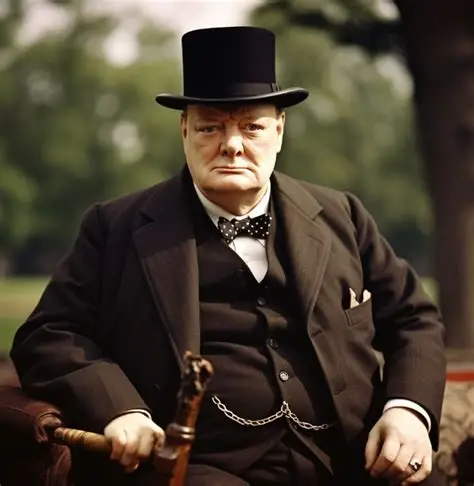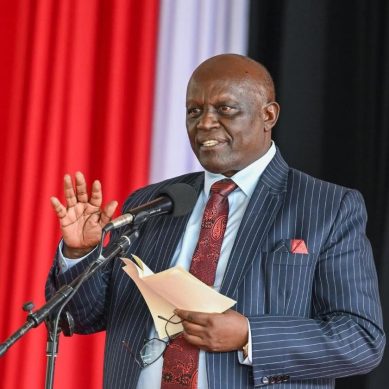
Winston Churchill’s rise to power in 1940 came at a moment of unprecedented crisis. On the very day he became Britain’s prime minister, Nazi Germany launched its invasion of Western Europe. Churchill’s resolve, speeches and decisive leadership would rally a nation on the brink of defeat, shaping the Allied victory in World War II and securing his legacy as one of history’s greatest wartime leaders.
Churchill became prime minister on May 10, 1940, as Germany swept through Belgium, France and the Netherlands. Britain faced a dire situation. As Churchill later reflected, “All my past life had been but a preparation for this hour and for this trial,” according to the International War Museum.
He inherited a nation anxious about invasion, reeling from losses, and in desperate need of strong leadership.
His leadership proved critical during events such as the Dunkirk evacuation, the Battle of Britain and the Blitz. Despite limited military resources in 1940-41, Churchill used his speeches to inspire defiance and unity.
Labour politician Hugh Dalton described him as “the only man we have for this hour,” according to the International War Museum, a sentiment echoed by much of the British public.
Churchill’s speeches are remembered as some of the most powerful in history. As reported by the BBC, from “We shall fight on the beaches” to “This was their finest hour,” his words rallied not only Britain, but also Allied forces worldwide. Churchill, who had overcome a speech impediment in his youth, wrote and meticulously practised his speeches, often laying them out in “psalm form” to ensure the proper rhythm and cadence.
Journalist Beverley Nichols remarked to the BBC that Churchill “took the English language and sent it into battle.”
Churchill’s efforts extended beyond Britain’s borders as he worked tirelessly to sustain the “Grand Alliance” with Franklin D. Roosevelt of the United States and Josef Stalin of the Soviet Union. This alliance proved crucial to the war effort. Churchill travelled extensively, attending 19 major conferences between 1941 and 1945. These gruelling trips came at great personal cost; he suffered a mild heart attack in 1941 and a severe bout of pneumonia in 1943 after the Tehran Conference, according to the International War Museum.
At the Tehran Conference, Churchill faced Stalin’s demand for a second front in Europe. Although initially resistant, Churchill ultimately supported the D-Day invasion of June 1944, a pivotal step toward defeating Nazi Germany. His ability to navigate these fraught relationships was instrumental in maintaining Allied cooperation, the International War Museum reports.
On May 8, 1945 – Victory in Europe Day – Churchill addressed crowds in Whitehall, declaring, “God bless you all. This is your victory!” According to the International War Museum, the crowd roared back, “No – it is yours.”
Despite their shared triumph, Churchill viewed the war years as the pinnacle of his life, writing later that everything afterward felt like an anti-climax.
After the war, Churchill often managed affairs from his bedside. While his leadership lacked the decisiveness of his prior wartime years, Churchill still made efforts to ease Cold War tensions through personal diplomacy, but these initiatives achieved little success. His worsening health ultimately led to his resignation in 1955. He passed away in 1965 and was honoured with a state funeral.
Winston Churchill’s leadership during World War II not only secured Britain’s survival, but also shaped the outcome of the entire conflict. Through his speeches, strategic decisions and ability to forge alliances, Churchill became a symbol of resistance and victory. His legacy endures as a testament to the power of determination and the influence of a single leader during history’s most pivotal moments.
- A Tell Media report / From Bold Fact






